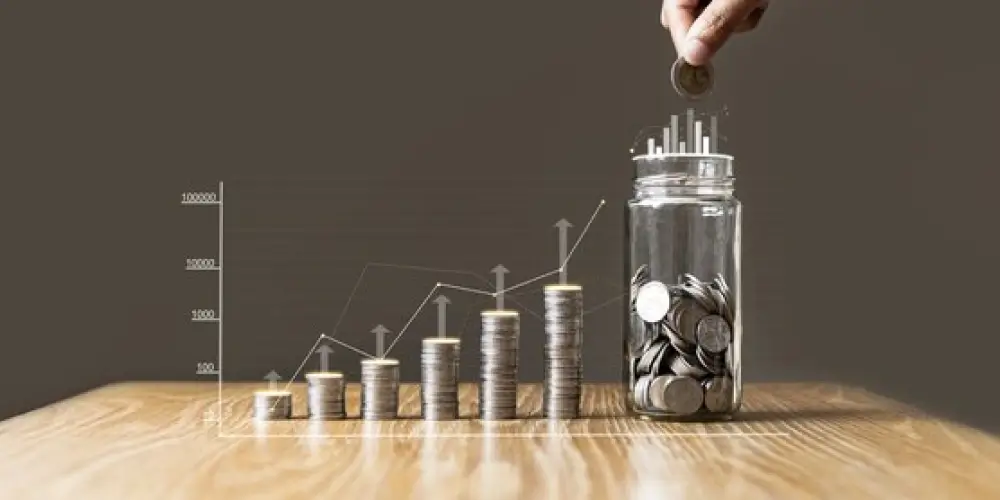

The Impact of Government Fiscal Policies on Personal Finances
17/12/2024 Madelyn Brown 1685
In today's dynamic economic landscape, the policies formulated by governments play a pivotal role in shaping individual financial outcomes. From taxes to spending, government fiscal policies have a direct impact on personal finances, influencing everything from disposable income to savings and investment opportunities. This blog explores the key mechanisms through which changes in fiscal policies can affect individuals and households.
1. Taxation Policies and Disposable Income
One of the most direct ways in which government fiscal policies impact individuals is through taxation. Taxes on income, investments, and consumption can significantly affect disposable income—the amount of money left after taxes. Changes in income tax rates, deductions, and credits can either increase or decrease the amount of money individuals take home from their earnings.
For instance, a reduction in income tax rates can lead to higher disposable income, enabling individuals to have more money for savings or discretionary spending. Conversely, an increase in taxes, especially on investments or capital gains, may reduce disposable income and alter investment strategies.
2. Government Spending and Economic Stimulus
Fiscal policies also encompass government spending initiatives aimed at stimulating economic growth or addressing specific social needs. Infrastructure projects, healthcare investments, and education funding are examples of government expenditures that can create jobs, boost consumer confidence, and potentially increase demand for goods and services.
When governments increase spending, it can create economic opportunities that benefit individuals through job creation and increased business activity. This can lead to improved job security, higher wages in some sectors, and overall economic expansion, positively impacting personal finances.
3. Interest Rates and Monetary Policy
While fiscal policy refers to government taxation and spending, monetary policy—controlled by central banks—also influences personal finances. Central banks adjust interest rates to manage inflation, economic growth, and employment. Changes in interest rates affect borrowing costs for mortgages, credit cards, and other loans.
For example, a decrease in interest rates can make borrowing cheaper, encouraging individuals to take out loans for homes or businesses. Conversely, an increase in interest rates can raise borrowing costs, potentially reducing disposable income available for other expenditures or investments.
4. Inflation and Purchasing Power
Government fiscal policies can indirectly impact inflation—the rate at which the general level of prices for goods and services rises. High inflation erodes the purchasing power of money over time, affecting how far each dollar stretches in buying goods and services.
Fiscal policies that lead to excessive government borrowing or deficit spending may contribute to inflationary pressures. This can reduce the real value of savings and fixed-income investments like bonds, prompting individuals to seek out inflation-hedging assets such as stocks or real estate.
5. Regulatory Changes and Market Behavior
Beyond taxation and spending, government fiscal policies include regulatory changes that affect industries and markets. For instance, regulations impacting financial services, healthcare, or energy sectors can influence market dynamics and investment opportunities.
Changes in regulations can create new opportunities or constraints for businesses, which in turn affect job prospects and income stability for individuals employed in those sectors. Understanding regulatory impacts is crucial for individuals making long-term financial decisions or investments in specific industries.
In conclusion, government fiscal policies are a critical determinant of individual financial outcomes. From taxation and spending decisions to interest rates and regulatory changes, these policies shape economic conditions that directly impact disposable income, savings, investments, and overall financial stability. Staying informed about fiscal policy developments and their potential impacts is essential for individuals seeking to optimize their financial planning and adapt to changing economic environments.
By understanding these dynamics, individuals can better navigate the complexities of personal finance and make informed decisions that align with their long-term financial goals.
Recent Blogs
Building a Diversified Inves ...
26/01/2025 1814
Integrating AI and Machine L ...
24/01/2025 1370
Health Insurance Regulations ...
22/01/2025 2417
Recognizing Signs of Mental ...
20/01/2025 2453
Understanding Employers' Leg ...
18/01/2025 1395
Trending Blogs
Interest Rates: How They Aff ...
20/06/2024 12699
Client Retention: Building S ...
20/06/2024 10747
Introduction to Common Law: ...
21/06/2024 9809
Common Types of Criminal Charges
02/03/2024 8984
Corporate Finance Law: Raisi ...
04/06/2024 8711











